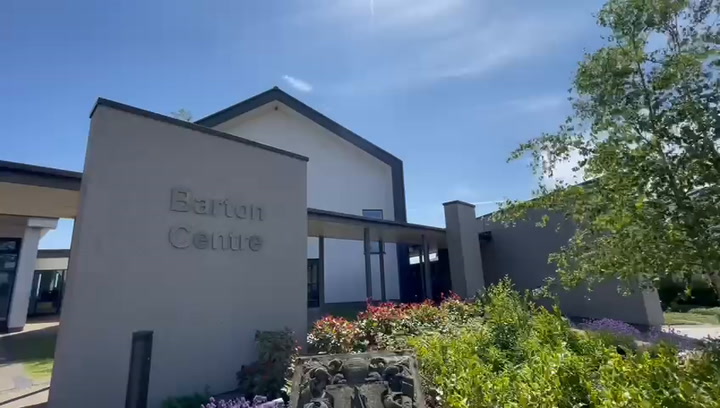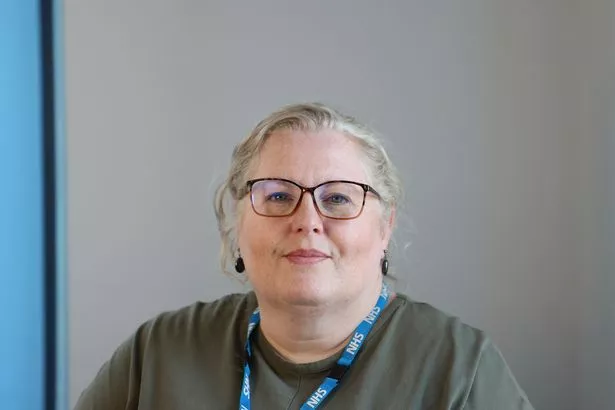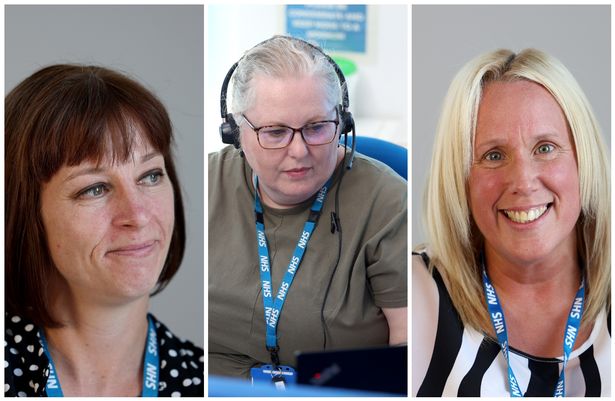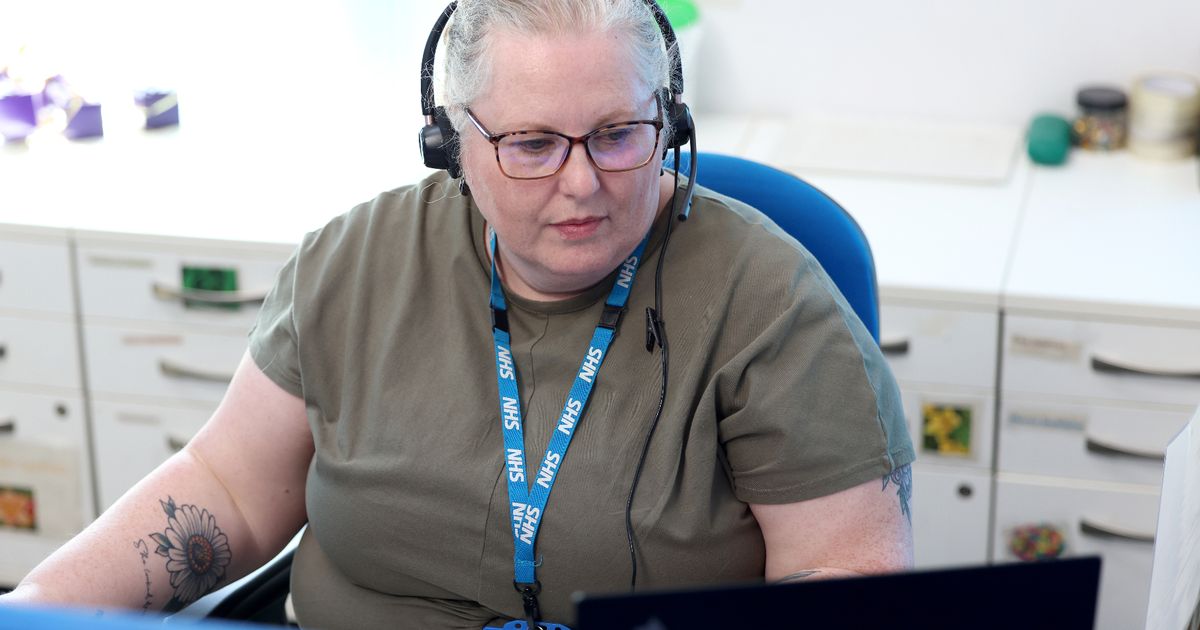The 111 option 2 NHS can be called 24/7 if you need urgent mental health support Behind the scenes with the North East’s mental health 111 call handlers
Behind the scenes with the North East’s mental health 111 call handlers
If you’re in mental health distress, all you need to do is call 111 and choose option 2. That will get you through to mental health experts and clinicians who can support you in the best way possible.
One of those call handlers is Sharon Mackinson, who has worked at the end of a crisis phone line for the best part of a decade. Over the past year, the 111 service has been set up and in time it will replace the old local crisis team phone numbers around the region.
A new centralised call handling and clinical triage team has been set up at Hopewood Park Hospital in Sunderland, and from there a dedicated team can support people in all kinds of mental health distress. Sharon told ChronicleLive that calls vary wildly – from people struggling with family disputes to those actively considering taking their own lives.
She said: “The fact that we speak to people who – when they ring – are in a huge amount of psychological distress, and then we are able to hopefully calm them and direct them to further support services is hugely rewarding. It can be very difficult, but we stay calm and work to de-escalate the situation for people. We’re here 24 hours a day – there’s always a friendly voice at the end of the phone.
“There are some people who might call on a daily basis. To know there’s someone on the end of the phone who can help is enough for people.”
 Sharon Mackinson, call handler at the new NHS 111 option 2 mental health service(Image: Newcastle Chronicle)
Sharon Mackinson, call handler at the new NHS 111 option 2 mental health service(Image: Newcastle Chronicle)
But the type of call can also involve incredibly difficult situations – someone might call on a bridge planning to jump, for example, and in that scenario the call handling team will immediately get the correct emergency services involved. The team explain they are able to call ambulances and the police and stay on the line supporting people in distress while they do so.
When a call handler decides a caller needs specialist support, they are passed on to the triage team, which includes experienced mental health nurse Debbie Jackson, who is a clinical lead. She explained: “Sharon will normally take the call. If she feels the need to speak to a nurse, it would come to one of us as clinicians.
“So one of the nurses will pick up the call. They can decide what support is needed, or they can decided that a person might be in need of a crisis assessment.”
Our ChronicleLive Daily newsletter is free. You can sign up to receive it here. It will keep you up to date with all the latest breaking news and top stories from the North East.
If so, the nurse will alert the crisis team who have four hours – as per national guidelines, to assess the person in question and work out a plan of action. Needless to say, if Debbie or her colleagues feel someone needs rapid support, they’ll speak to the emergency services.
Carla King is the service’s clinical manager. She added: “We have done a lot of work with our call handlers to ensure we have a very very robust call handling process.
“Of course not everyone who calls 111 option 2 is in crisis, so we do a lot of different signposting and therefore we have got to know the different services available in the different areas. But if someone does need crisis triage, they will then be passed on. This is why we were so keen to to have everyone working in the same place.
 NHS 111 staff – clinical manager Carla King, call handler Sharon Mackinson, and clinical lead Debbie Jackson(Image: chroniclelive)
NHS 111 staff – clinical manager Carla King, call handler Sharon Mackinson, and clinical lead Debbie Jackson(Image: chroniclelive)
“There are people who will need that immediate support from a clinician, others who we will arrange a call back for, and the main thing is we want to ensure we are offering a safe service. You never know when someone calls what their situation will be like and what support they will need. Every day is very different.
“What we want to do is educate people so they know they can just call 111 now, so they don’t have to remember all of the different crisis team numbers.”
Victoria Malone, an associate director at the Cumbria, Northumberland, Tyne and Wear NHS Trust (CNTW) which runs the service, told ChronicleLive: “Development started in summer 2022 in relation to information coming down from NHS England. For us at CNTW it took probably 10 to 12 months to plan for the service coming in. We had to do lot of transformational work bringing different teams together. But one of the main things for us at CNTW is to create an effective and even safer service.”
Sam Allen, chief executive of NHS North East and North Cumbria Integrated Care Board said: “The NHS 111 mental health option is a crucial development that links to the Government’s 10-year health plan to join up care, and demonstrates our commitment to improving urgent access to mental health support.”
If you need urgent NHS mental health support, call 111 and select option 2.
ChronicleLive has created a dedicated WhatsApp community for breaking news and our biggest stories. You can join this WhatsApp community here. It will keep you up-to-date with news as it breaks and our top stories of the day sent directly to your phone.
